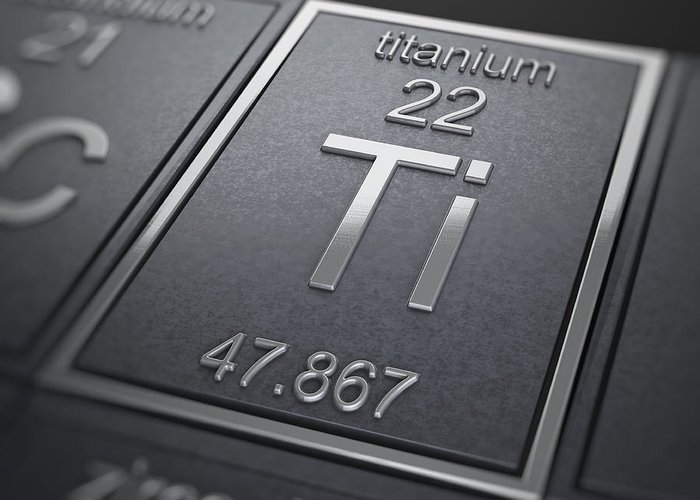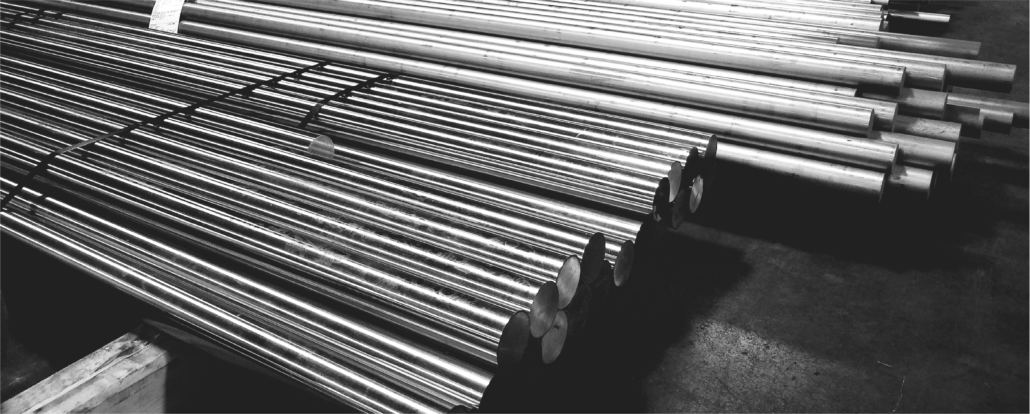Corrosion Resistance of Titanium & Its Applications

Corrosion Resistance of Titanium & Its Applications
Due to the excellent corrosion resistance of titanium, it is widely used in petroleum, chemical, pharmaceutical, metallurgy, electronics, aviation, aerospace, marine, and other related fields. In this article, let's take a deeper look at the corrosion resistance of titanium and its applications.

Corrosion Resistance of Titanium
Titanium has excellent corrosion resistance to most salt solutions. For example, titanium is more corrosion-resistant than high-chromium-nickel steel in chloride solutions and has no pitting corrosion. Titanium also has good stability to hot sodium chlorite and various concentrations of hypochlorite. Therefore, it is widely used in vacuum salt-making and bleaching powder refining industries.
Titanium has good corrosion resistance to most alkaline solutions. Titanium is relatively stable in sodium hydroxide and potassium hydroxide solutions with a concentration of less than 50%. If the alkali solution contains chloride ions or chlorides, its corrosion resistance even exceeds that of nickel and zirconium. Now the chloralkali industry is one of the largest areas of titanium application.
Titanium has high stability in humid chlorine, even in sulfuric acid, hydrochloric acid, and chloride saturated with chlorine, so titanium is the material of choice for key equipment for the production of titanium dioxide by the sulfuric acid process.
Because titanium has good corrosion resistance in hydrocarbons, it is also widely used in organic chemicals. Titanium has excellent corrosion resistance in seawater, so it is also widely used in offshore oil drilling platforms, seawater desalination, and other marine fields.
Titanium is a metal with a strong tendency to passivation. It can quickly form a stable oxidizing protective film in the air and in an oxidizing or neutral aqueous solution. Even if the film is damaged for some reason, it can quickly and automatically recover. Therefore, titanium has excellent corrosion resistance in oxidizing and neutral media.
Under normal circumstances, titanium does not undergo pitting corrosion. Besides, titanium has better crevice corrosion resistance, especially Ti-0.3Mo-0.8Ni and Ti-0.2Pd alloys. Therefore, Ti-0.3Mo-0.8Ni and Ti-0.2Pd alloys are widely used as sealing surface materials for container equipment to solve crevice corrosion on the sealing surface of the equipment.
Conclusion
Thank you for reading our article and we hope it can help you have a better understanding of titanium & its applications. If you want to learn more about titanium or other refractory metals, we would like to advise you to visit Advanced Refractory Metals (ARM) for more information.
Headquartered in Lake Forest, California, USA, Advanced Refractory Metals (ARM) is a leading manufacturer & supplier of refractory metals & alloys across the world. It provides customers with high-quality refractory metals & alloys such as niobium, molybdenum, tantalum, rhenium, tungsten, titanium, and zirconium at a very competitive price.
{{item.content}}
LEVE A REPLY
{{item.children[0].content}}
{{item.content}}






